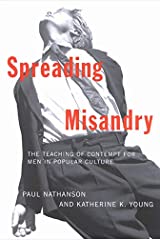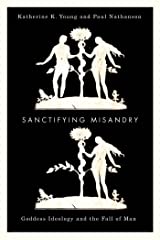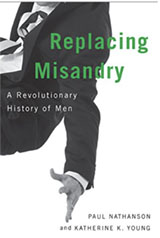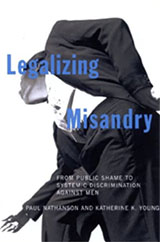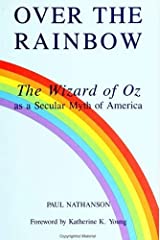By Paul Nathanson
The Great War produced several fine movies during the 1920s and 1930s (before the next war became a topic of greater urgency). Notable among these are Wings (William Wellman, 1927), Sister in White (Victor Fleming, 1933), A Farewell to Arms (Frank Borzage, 1932) and, most notable by far, All Quiet on the Western Front (Lewis Milestone, 1930). Like The Birth of a Nation (D.W. Griffith, 1915) this was a cinematic landmark with political consequences. Critics have compared other war movies to All Quiet ever since.
*
Men Must Fight (Edgar Selwyn, 1933) begins during the Great War and continues until the outbreak of another war twenty years later. Laura works as a military nurse just behind the front line in France and soon falls in love with Geoffrey, an American pilot. The two plan to marry. Before they can do so, however, Laura becomes pregnant with his child. Meanwhile, Edward, an officer, falls in love with Laura. When Geoffrey is killed, she marries Edward instead and vows that she will never allow her son Bob—that is, Geoffrey’s son—to fight in a war.
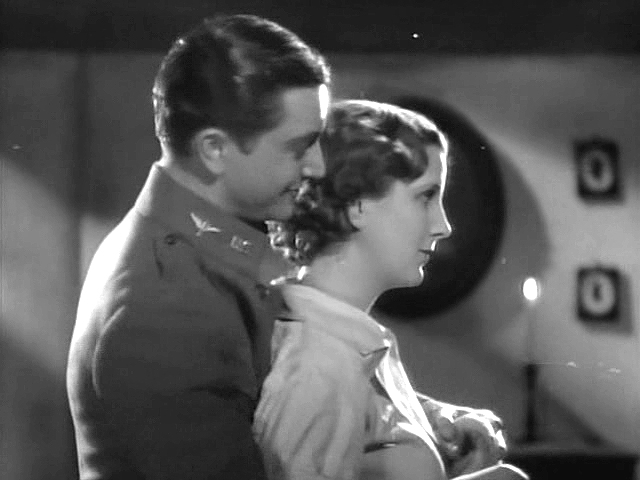
The story continues in 1940 (as imagined in 1933). Edward has become a senior American official. He and Laura have become leaders of a pacifist movement, too, and brought up Bob to with that in mind. When a new war threatens to break out, Edward warns Laura that they must put pacifism behind them and support their country or else face the consequences.
Laura, the powerful protagonist (Diana Wynyard), refuses to consider his advice. Even after a patriotic mob attacks her during a pacifist rally and thugs later lob rocks at her through the windows at home, Laura refuses to cede the moral ground. She urges women to stop having babies—future soldiers. Bob, now a young man with a promising career in chemistry, must decide between his step-father’s ideal of manhood and his mother’s divergent ideal.
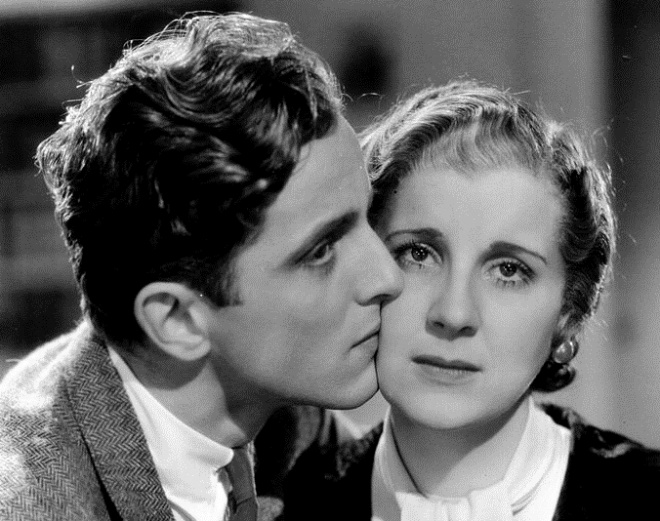
Worse, he must choose between personal integrity and personal happiness with his fiancée. Peggy, from a very respectable family, sides with Edward. When Bob refuses to join up or even to work safely behind the lines and produce chemical weapons, she breaks off the engagement. It’s not only a matter of her own family’s respectability and the threat of a scandal. She could probably cope with that. The underlying problem—the unspoken problem—is what she herself thinks of Bob. Could she be proud of a pacifist, despite the prevailing hostility toward pacifists, or would she be ashamed to walk down the street with him? More to the point, can a man—a healthy male person—be a pacifist at all? Is Bob a man or a coward? No one in 1933 would have asked these questions of a woman, but many would have seen the parallel between cowardice for men and promiscuity for women. The parallel isn’t quite perfect, though, because cowardice can have lethal consequences for men (such as the death penalty for “desertion”) but promiscuity seldom has lethal consequences for women.
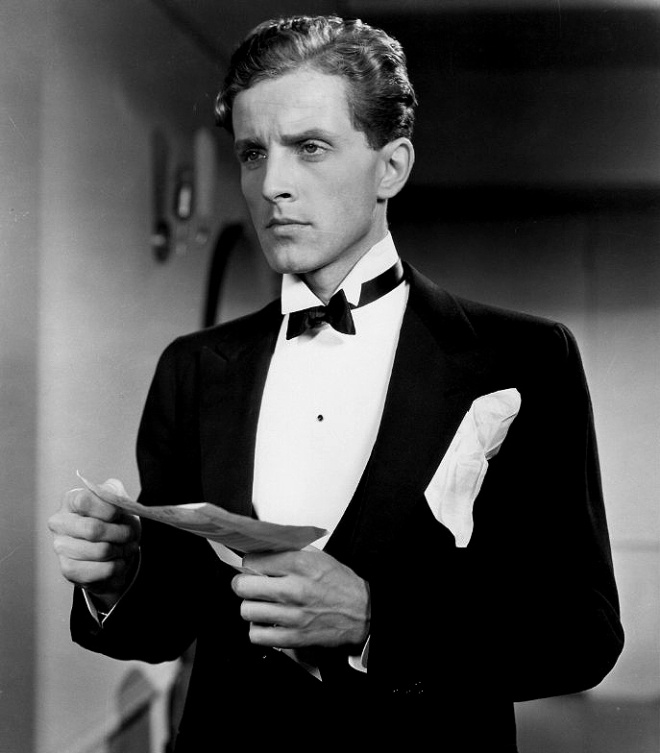
After war breaks out and enemy planes bomb New York, at any rate, Edward makes one last attempt to convert Bob. He reveals that a brave fighter pilot in the last war had been Bob’s real father. Geoffrey had gone to war, Edward explains, because someone else would otherwise have had to go in his place. That’s good enough for Bob, who promptly changes his mind about pacifism (after a lifetime of devotion to the cause) and immediately signs up as a fighter pilot to be worthy of his father.
But the story doesn’t end with Bob’s death. Instead, it ends on an upbeat note. Edward and Laura reconcile despite their disagreement. Bob and Peggy decide to marry despite the danger. The message seems clear to me: an essential feature of masculinity (and, implicitly, manhood itself) is willingness to fight and even die in war. And yet some critics cite Men as an anti-war movie. And it’s true that the pacifist argument is clearly and cogently stated many times. Had the movie ended five minutes earlier, before Bob makes up his mind about the war, viewers could have understood it that way. But the ending is there, and it forces the opposite interpretation. Pacifism is fine until war breaks out.
*
All Quiet on the Western Front is based on the landmark German novel by Erich Maria Remarque. The story follows several young men into the abyss of modern war. In the first scene, Paul and his pals are schoolboys. They’re less interested in Latin than in the exciting parade outside their classroom window: new recruits leaving for the front as women reward their bravery with flowers and kisses. Their elderly “teacher” provokes his pupils, during a surprisingly passionate “lecture,” to throw away their books and take up arms in defense of the country.
It doesn’t take long, however, for the brutally unglamorous reality of military life, and death, to make these young men (along with viewers) question the need for this war and, by implication, for any war. And the most brutal scenes are not those of trench warfare itself but of its consequences. One by one, they’re all horribly mutilated or killed. One painful scene shows a young man’s hands grasping the barbed wire in what soldiers called “No Man’s Land.” The rest of his body, blown to pieces, has disappeared.
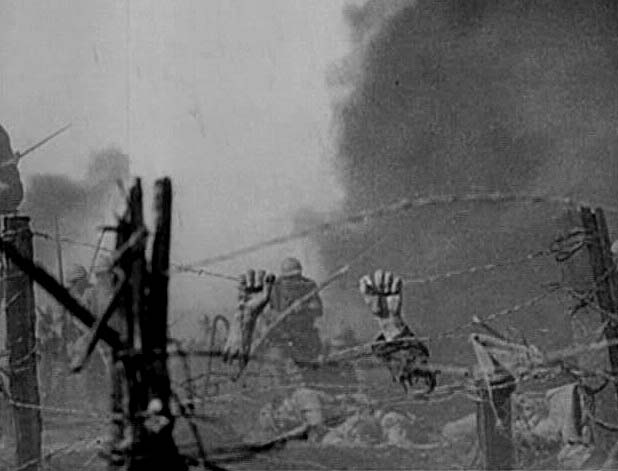
Among the most wrenching of many wrenching scenes, however, is the one in which Paul comes to the field hospital to visit his wounded best friend and cheer him up. Instead, he must watch his friend suffer and die while calling for his mother.
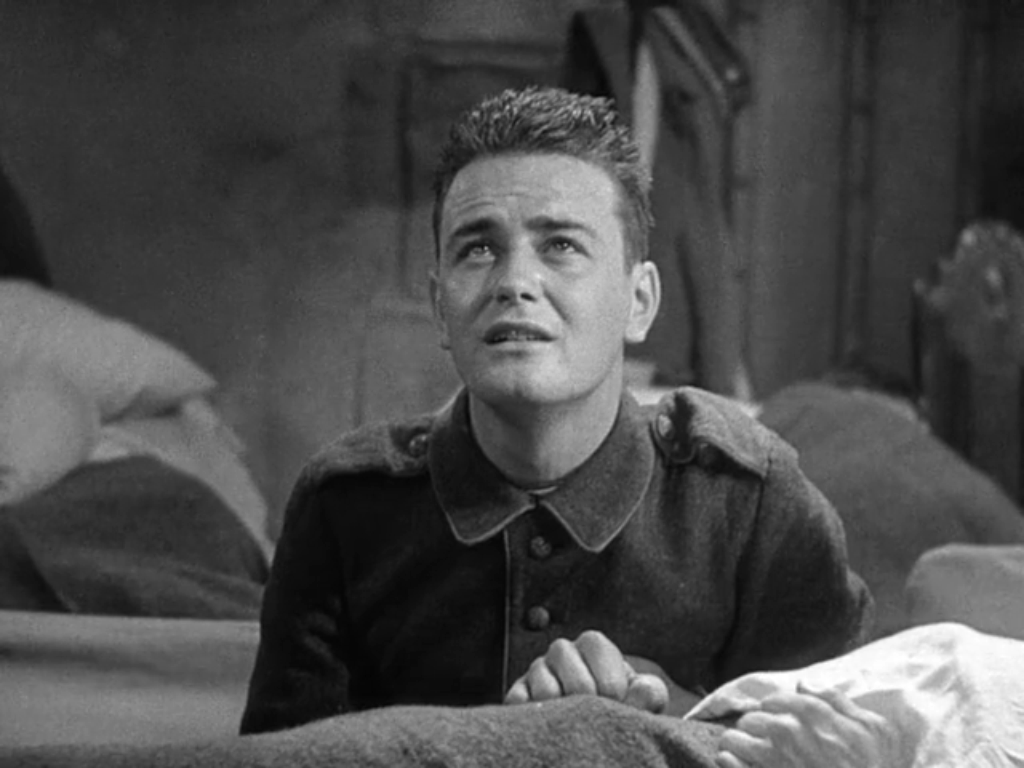
But the final scene is the most brutal by far. Paul lies in a muddy trench. He watches one fragile and beautiful butterfly, reaching out to it instinctively in the midst of carnage and chaos. Suddenly, his hand clenches and then slowly unclenches. Paul dies in a hail of bullets.
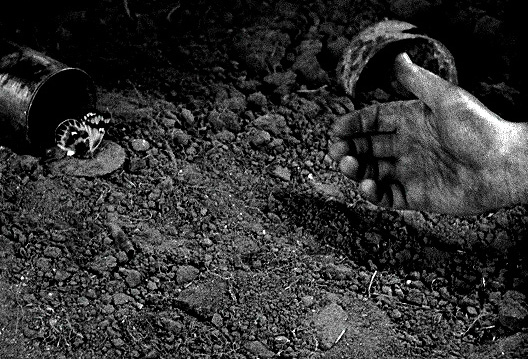
All Quiet ends with a movingly mournful montage. Superimposed on a vast military cemetery is an army of ghosts. As they march slowly into the heavens, Paul and his dead friends look back toward the camera—that is, toward the viewers. Their faces suggest the bewilderment and disappointment that has replaced innocence and hope. They belong to what the survivors of World War I called a “lost generation,” young men who had been exploited by the state and slaughtered en masse partly because they were young men (as distinct, by law, from young women).
No wonder, then, that Hitler banned both the novel and its filmed version almost immediately on taking office three years later (after ordering his storm troopers to provoke riots in theatres).
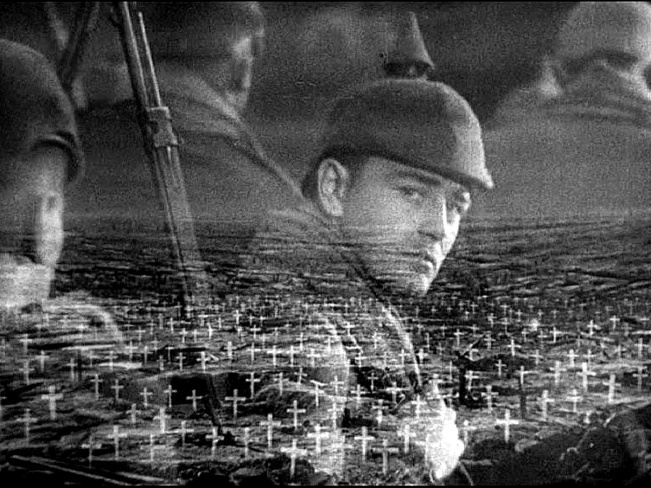
*
Even though Men accurately predicts a second world war, let alone the arrival of technologies such as television and picture-phones, it is not cinematically comparable to All Quiet. It never rises above prevalent stereotypes of young manhood. Men don’t fight merely for a cause or even for their comrades, it says, but because they’re men. As men, they not only should fight but must fight. It’s their natural inclination and their natural destiny. Pacifism, therefore, amounts to an unnatural worldview for men and therefore an impossible one for society.
Pacifism is supposedly natural, though, for mothers and therefore natural for women. In her speeches, Laura urges other women to stop bearing children—that is, male children—in order to stop war. At this point, sex and gender become the explicit topics. Maternity gives women not merely an identity but also a form of power. Women who love their sons, Laura argues, should not, and need not, sacrifice their own sons.
All Quiet, though, uses cinematic brilliance to challenge those very assumptions about sex and gender, especially about maleness and masculinity. Neither Paul nor any of his friends is a coward. Each does whatever his superiors order him to do, no matter how frightened or confused or angry he might be. When not going “over the top” or being shelled even in the trenches, nonetheless, each daydreams of going home to the safety and security of his mother or his girlfriend.
This amounts to a simple but profound affirmation of women from the perspective of men, their existential need for women, unlike the political platform that Men presents (partly as a way of “empowering” women, however, to use modern parlance).
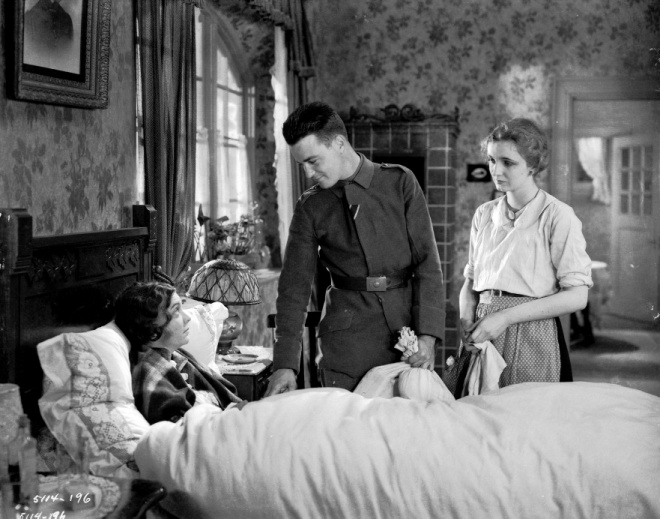
It might—or it might not—be ironic, given twentieth-century history, that a German book (albeit one that an American studio adapted for the screen) unambiguously affirmed pacifism, while an American movie affirms patriotic warfare (despite a reasonable presentation of the case for pacifism). Nonetheless, All Quiet was a sensational success not only in Germany but also in America.
*
I seldom mention what goes on behind the camera when commenting on a movie, because every movie has a life of its own. Actors, for instance, are very seldom even remotely like the characters whom they portray. But anomalies sometimes occur, and I sometimes find them interesting. This brings me to another point of comparison between Men and All Quiet. I refer to two of the actors in these movies. I refer here to their personal convictions, not to their public performances.
Phillips Holmes played the protagonist’s son in Men. From a patrician American family, he graduated from prestigious universities such as Cambridge and Princeton. He found it hard to resist the lure, however, of Hollywood. Studios found him just right for parts as elite sons and heirs, but there was more to him than that. He projected sensitivity, not privilege or even sophistication. Journalists, in fact, wrote about his “ethereal” beauty.
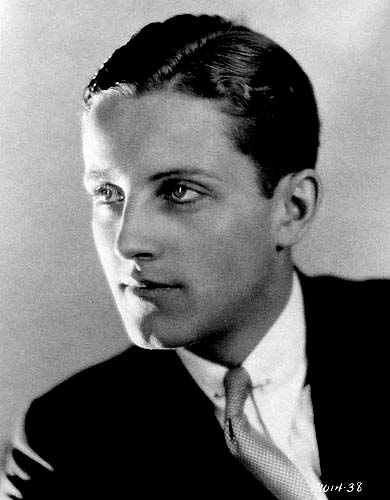
Unlike Tyrone Power and Robert Taylor, who were handsome in a similar way, Holmes never became a star of the first order. He couldn’t shake off the “problem” of male beauty, at least not among male viewers. But that’s not why his career ended prematurely. Holmes left Hollywood in 1938 (after making approximately forty movies including Dinner at Eight and Great Expectations) to join the Royal Canadian Air Force (believing, correctly, that Canada would quickly join Britain in going to war against Germany). Like Bob in Men, Holmes became a fighter pilot. Ironically, he didn’t die in battle. He died in a mid-air collision over northern Ontario in 1942. He was thirty-five years old.
Lew Ayres played the protagonist of All Quiet. Ayres came from a middle-class family, starting out as a musician in big bands of the 1920s. He began his acting career in 1929 as Pierre in The Kiss, opposite Greta Garbo. After that, he played a long series of sensitive young men (notably as the compassionate protagonist in a long series of Dr. Kildare movies) or troubled young men (such as Ned, Katharine Hepburn’s sweet but unhappy and alcoholic brother in Holiday).
But the one role that permanently defined Ayres, both professionally and personally, was as Paul, the reluctant but submissive soldier in All Quiet. During the production of that movie, Ayres identified himself strongly with his character. In fact, he became an ardent pacifist and. Eventually, in fact, he became both famous and infamous as a conscientious objector. The next war, though, was even more difficult to oppose than the previous one had been. Refusing conscription into combat during a war against Nazi Germany and Imperial Japan provoked relentless (though verbal) personal attacks on him and other “cowards.” These stopped after the war—that is, after people learned that he had served as a medic (like Dr. Kildare) and as a chaplain’s assistant in the Pacific (sometimes under fire), donated all of his pay to the American Red Cross and earned three battle stars (for dangerous but non-military service in battle). Restarting his career was another matter.
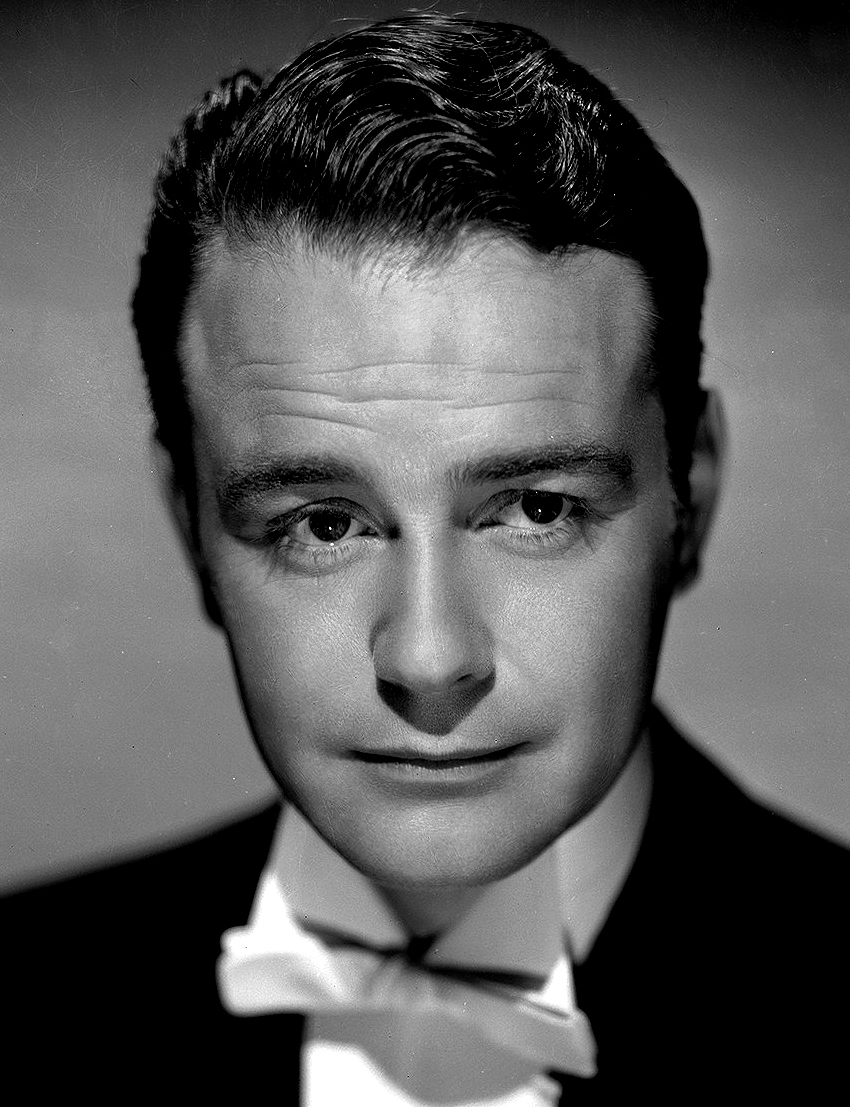
Although Ayres continued acting both in movies and on television, he never achieved the promise of his youth. He had gone to war, behaving bravely and honorably enough for public rehabilitation as a man but not enough for public rehabilitation as a leading man. Many women continued to admire his sensitivity and compassion, to be sure, but they had standards!
© 2017 Paul Nathanson

Paul Nathanson has a BA (art history), a BTh (Christian theology), an MLS (library service), an
MA (religious studies) and a PhD (comparative religion). Of particular interest to him is the
surprisingly blurry relation between religion and secularity: how religious patterns of thought
underlie seemingly secular phenomena such as classic movies (such as The Wizard of Oz) and
political ideologies (notably feminism and wokism). With Katherine Young, he has written a
series on the problem of masculine identity in this polarized environment. These volumes include
Spreading Misandry: The Teaching of Contempt for Men in Popular Culture; Legalizing Misandry: From Public Shame to Systemic Discrimination against Men; Sanctifying Misandry: Goddess Ideology and the Fall of Man; and Replacing Misandry: A Revolutionary History of the Male Body.
The fifth and sixth volumes are not yet published: Managing Misandry: Men’s Voices on the Meaning of Manhood and Transcending Misandry and Misogyny: From Feminist Ideology to Intersexual Dialogue.
